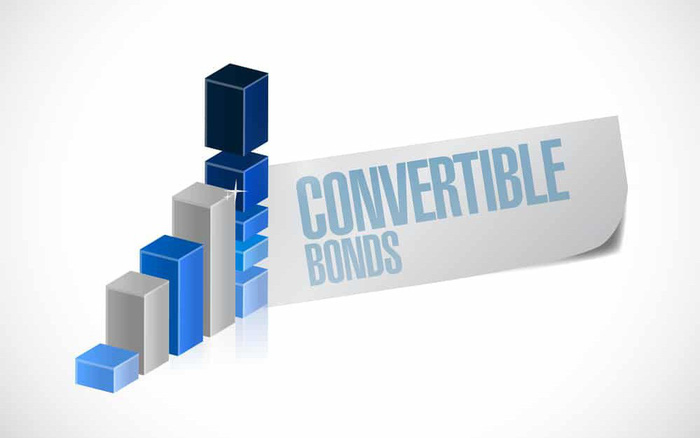Regulation on convertible bonds under Vietnamese Law

When appearing on the market, convertible bonds pique the interest of many investors. However, convertible bonds bring both benefits and drawbacks to investors. So, what is the regulation on convertible bonds? Let’s find out with LSX!
Legal grounds
- 2020 Enterprises Law
- 2019 Law on Security
What are bonds?
Basically, a bond is a type of debt securities, in which the buyer of a bond is a delivery lender; and on the business benefits, that loans will issue bonds to confirm the lians with other terms like maturity term.
Hence the regulation in 2020 Enterprises Law, only LLC, and JSC have the right to issue bonds. The reason for this regulation is because of the nature and legal characteristics of these companies. Bonds are only suitable for types of legal entities whose assets are independent of the owners, which only benefits the LLC and JSC.
As bonds have a debit nature; therefore, when issuing these types of assets, the issuer will have to specify the attached terms; such as interest rate, maturity time, etc. On the other hand, the borrower who wants to receive the principal and interest in the expected period will have to set out specific requirements and conditions. In addition, lending by bonds also has many potential risks for investors in the event that the business goes bankrupt; the order of priority for payment of bonds is near the bottom.
What is the regulation on convertible bonds?
Accordingly, convertible bonds are bonds that the company issues on the market, which the sovereign bonds converted into shares ;(usually common stock) of the company. In fact, the conversion rate and period may fix at the time of bonds issuance and only change when the issuing company splits or consolidates shares.
Hence the regulation on convertible bonds, the conversion of bonds into common shares agreed by both parties will activate when the business will achieve the KPIs set by investors. Basically, the owner will not need to pay extra for the conversion. The converted value will then = Principal + interest + agreement (eg discount 20%) for example.
Furthermore, the conditions on the right to convert also need to be taken care of by startups and investors. The parties must clearly agree upon the agreement on the right to convert; which should clearly state the rights and obligations of both parties for the conversion. In order to avoid possible disputes when one party does not want to convert as agreed. In fact, because they are often the masterminds in raising capital; investors often demand that they have the right, but not the obligation, to convert bonds into shares.
When should company issue convertible bonds?
As for the investors, taking the initiative as the lender in the relationship. Therefore, bonds are 2-in-1 products; so investors can enjoy regular interest rates as a regular bond or make the conversion to stocks; when they realize that the company has future potential and the value of the company tends to increase.
In addition, investors can also avoid the risk that when the company makes a loss; or its potential is not as expected, and the company’s stock price plummets; at the time of conversion, the investor will not be obliged to convert to shares. In this case, the investor still receives periodic interest from the bonds.
Besides, on the side of enterprises raising capital, they often prefer to use the form of capital mobilization by convertible bonds when they do not want to soon share shares with other investors. Because, when raising capital by shares, investors will become shareholders of the business, if they hold a certain percentage, this new investor can influence the company’s decisions.
In many cases, the founder may even lose control of the company to that investor. Therefore, in the case that both want to have money to carry out business activities, but at the same time do not want to reduce the percentage of charter capital and possibly affect the operation of the business, the founders usually apply the form of capital mobilization by convertible bonds.
Above are the answers on “Regulation on convertible bonds under Vietnamese Law” In case you have any questions, please contact Lawyer X for quick and best legal services: 0833102102.
Related questions:
– Create an additional possibility for the company to raise capital in the market when the issuance of ordinary shares and bonds is not favorable.
– The interest rate of convertible bonds is lower than that of ordinary bonds. That can allow the company to raise capital at a low cost.
– When the bondholders make the conversion, it can also improve the capital structure of the company.
– Guaranteed to enjoy a fixed interest rate when the conversion has not been carried out and not to bear the company’s risks.
– Convertibility of bonds creates opportunities for investors to benefit more when the share price of the issuing company on the market increases.
Conclusion: So the above is Regulation on convertible bonds under Vietnamese Law. Hopefully with this article can help you in life, please always follow and read our good articles on the website: lsxlawfirm.com




